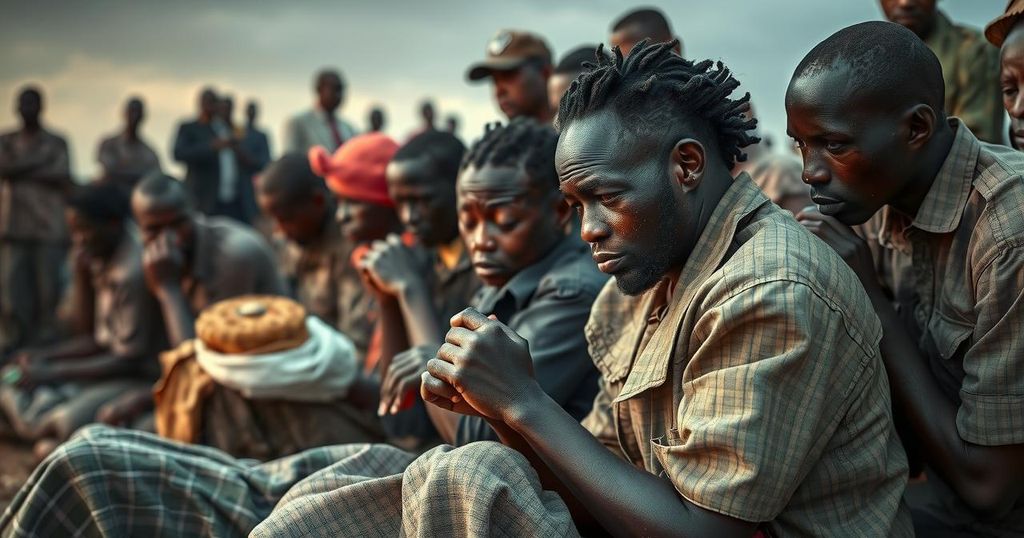Violence Erupts in Mozambique Post-Election, Claiming Lives and Sparking Unrest
Mozambique experienced intense post-election violence leading to at least 21 fatalities after the Frelimo party’s victory was confirmed. Clashes erupted predominantly in Maputo, with accusations of electoral irregularities leading to extensive protests and vandalism. A significant number of arrests were made, and the situation escalated nationwide, prompting threats to public safety and infrastructure.
The recent unrest in Mozambique has resulted in the deaths of at least 21 individuals, including two police officers, in violent clashes following the ruling Frelimo party’s confirmed election victory. The interior minister, Pascoal Ronda, reported that over 236 incidents of serious violence took place, leading to 25 injuries among civilians and police forces. Armed groups executed coordinated attacks on police stations and other government structures as widespread protests erupted across the country, particularly in the capital, Maputo.
The confirmation of Frelimo’s Daniel Chapo as the elected president spurred protests fueled by allegations of electoral fraud from his main opponent, exiled opposition leader Venancio Mondlane. In the aftermath, authorities reported the vandalizing of shops and public properties, as well as barricades obstructing major roads leading into Maputo. Hospital operations were severely compromised due to staff shortages, and emergency services struggled to navigate the chaotic environment as public transport was almost non-existent.
Explosive tensions surged in various northern cities, amplifying fears of further violence as the number of casualties from the post-election riots surpassed one hundred. National sentiment is increasingly focused on demands for ‘electoral truth’, with Mondlane insisting on a united resistance against the ruling party’s actions. Critics of the election process cite significant irregularities that taint its legitimacy, and despite the court’s ruling, calls for a ‘People’s Constitutional Court’ to validate Mondlane’s claims continue to resonate.
Chapo responded to the unrest by advocating for dialogue with all parties involved, including his opponents, as he prepares to assume office in mid-January. The severe turmoil marks a troubling chapter in Mozambique’s political landscape, raising concerns over stability and governance going forward.
Mozambique has a long-standing history of political strife and unrest, particularly surrounding elections. The ruling Frelimo party has been in power since the country’s independence in 1975, raising tensions with opposition factions. The recent presidential election held on October 9 led to significant allegations of fraud that have prompted extensive protests. As the situation unfolds, the response from both government and opposition will likely shape the future political climate.
The violent aftermath of Mozambique’s election illustrates the deep-seated political rifts and public discontent with the ruling regime. As the confirmed results face scrutiny and accusations of fraud mount, the potential for further unrest looms large. Looking ahead, the ability of President-elect Daniel Chapo to address the political crisis and engage with opposition leaders will be crucial in fostering stability and restoring public confidence in the electoral process.
Original Source: www.geo.tv




Post Comment